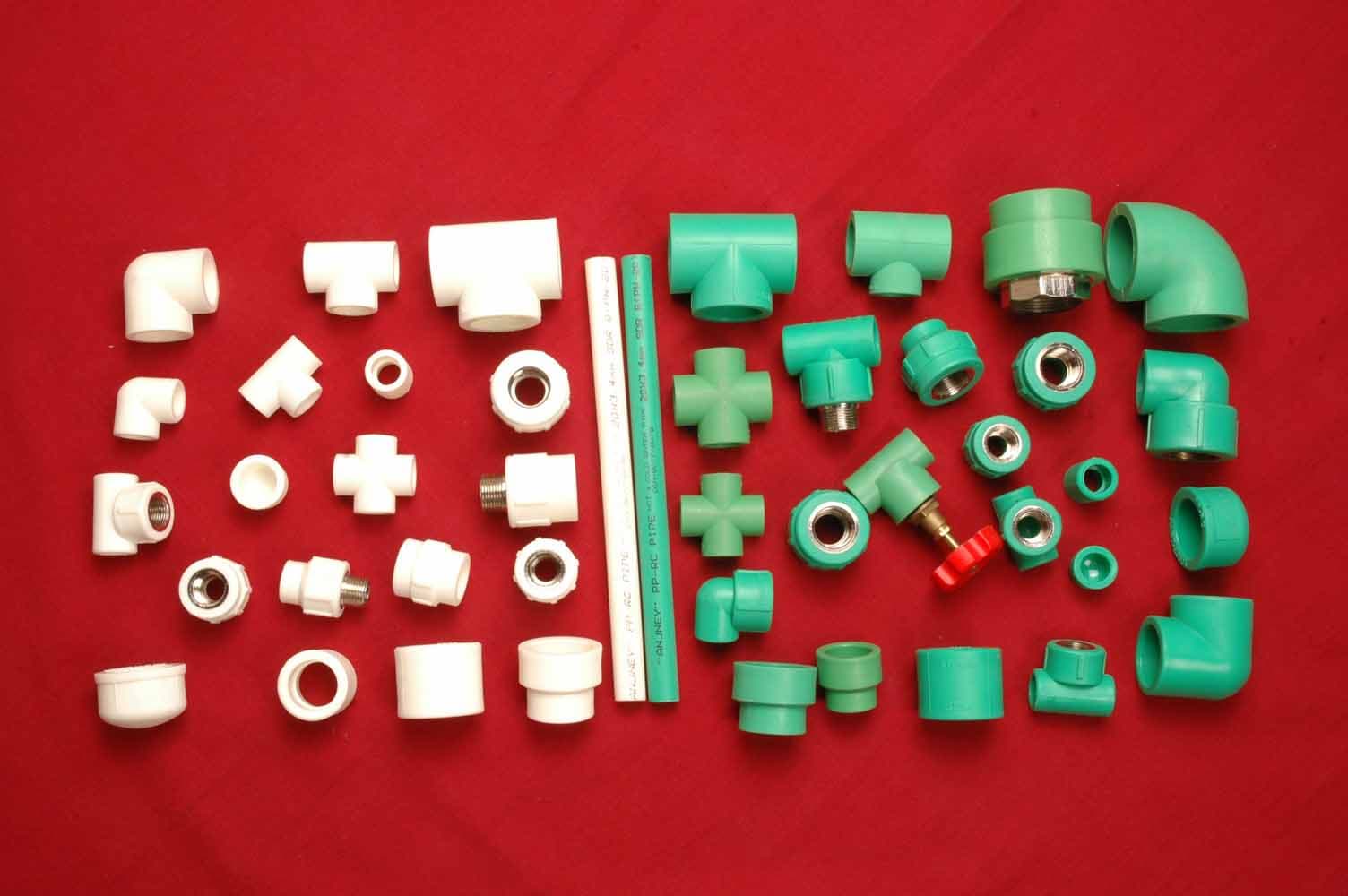Introduction to PPR Pipes and Their Importance
Polypropylene Random Copolymer (PPR) pipes have revolutionized the plumbing and piping industry, offering superior durability, efficiency, and versatility. These pipes are known for their resistance to high temperatures, corrosion, and chemical degradation, making them ideal for various applications, including hot and cold water systems, heating systems, and industrial piping networks. The demand for PPR pipes has surged globally, driving manufacturers to innovate and enhance their production capabilities to meet the ever-growing needs of various industries.
Top PPR Pipe Manufacturers: Innovators and Market Leaders
The market for PPR pipes is dominated by several key players who have established themselves as leaders through consistent quality, innovation, and customer satisfaction. Companies like Wavin, Aquatherm, and Bänninger stand out for their advanced manufacturing processes, stringent quality control measures, and commitment to sustainability. Wavin, for instance, is renowned for its extensive research and development efforts that result in cutting-edge piping solutions. Aquatherm, another major player, is celebrated for its eco-friendly production practices and high-performance products that meet rigorous international standards. Bänninger, with its rich history and expertise, offers a wide range of PPR piping solutions that cater to diverse industrial needs.
Technological Advancements and Quality Assurance in PPR Pipe Manufacturing
Technological advancements play a pivotal role in the production of high-quality PPR pipes. Leading manufacturers invest heavily in state-of-the-art machinery and innovative production techniques to ensure their products meet the highest standards of durability and performance. For example, modern extrusion processes and automated quality control systems help maintain consistency in pipe dimensions and properties. Additionally, manufacturers implement rigorous testing protocols to ensure their PPR pipes can withstand extreme conditions and deliver reliable performance over time. These tests often include pressure testing, thermal cycling, and chemical resistance evaluations, ensuring the pipes are robust and dependable in various applications.
Environmental Considerations and Sustainability Efforts
As environmental concerns become increasingly prominent, PPR pipe manufacturers are taking significant steps towards sustainability. The production of PPR pipes involves the use of eco-friendly materials and processes that minimize environmental impact. Leading manufacturers are committed to reducing their carbon footprint by optimizing energy consumption and implementing recycling initiatives. Moreover, PPR pipes themselves contribute to environmental sustainability due to their long lifespan and resistance to leakage, which reduces water wastage. Companies like Aquatherm have pioneered the use of green manufacturing practices, earning certifications for their commitment to environmental stewardship. By focusing on sustainability, PPR pipe manufacturers are not only meeting regulatory requirements but also aligning with the global shift towards more sustainable industrial practices.
In conclusion, the PPR pipe manufacturing industry is characterized by continuous innovation, stringent quality assurance, and a strong commitment to sustainability. Leading manufacturers like Wavin, Aquatherm, and Bänninger exemplify these qualities, setting the standard for excellence in the industry. As the demand for reliable and environmentally-friendly piping solutions continues to grow, these companies are well-positioned to lead the market and drive the future of PPR pipe technology.qnppr.com/ppr-pipes-fittings
